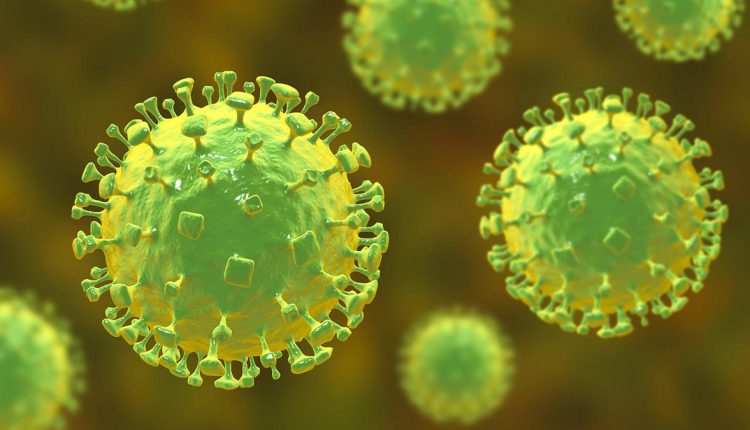Oxford Starts Human Testing Of Vaccine For Deadly Brain-Swelling Nipah Virus

London: The University of Oxford has begun human testing of an experimental vaccine against the deadly brain-swelling Nipah virus that led to outbreaks in Kerala and other parts of Asia, reported Reuters.
Nipah virus was first identified about 25 years ago in Malaysia following which there have been outbreaks in Bangladesh, India and Singapore.
But no vaccine has been developed yet for the virus, which is a potential epidemic.
“Nipah has epidemic potential, with its fruit bat hosts found in areas home to over two billion people. This trial is a step forward in efforts to build a suite of tools to protect against this killer virus,” said Dr In-Kyu Yoon of the Coalition for Epidemic Preparedness Innovations (CEPI).
Following successful pre-clinical trials of the vaccine candidate called ChAdOx1 NiV, Oxford has started human trials with 52 participants to assess safety and immune response in individuals aged between 18 and 55.
The first participants in the human trial received doses of the vaccine over the last week.
The vaccine is based on the same technology as the one used in AstraZeneca (AZN.L) and Serum Institute of India’s COVID-19 shots.
Moderna (MRNA.O) had also started an early-stage clinical trial of a Nipah virus vaccine in 2022, which it co-developed with the National Institute of Allergy and Infectious Diseases in the US.
Last September, Kerala saw its fourth Nipah outbreak in five years. Six persons were infected and two died.
The viral infection can cause severe symptoms, including acute respiratory problem and fatal encephalitis. Those infected can experience fever, headache, cough besides breathing difficulty, with possible brain swelling to follow.
The fatality rate of Nipah virus is estimated at 40% to 75%, according to World Health Organization (WHO).

Comments are closed.